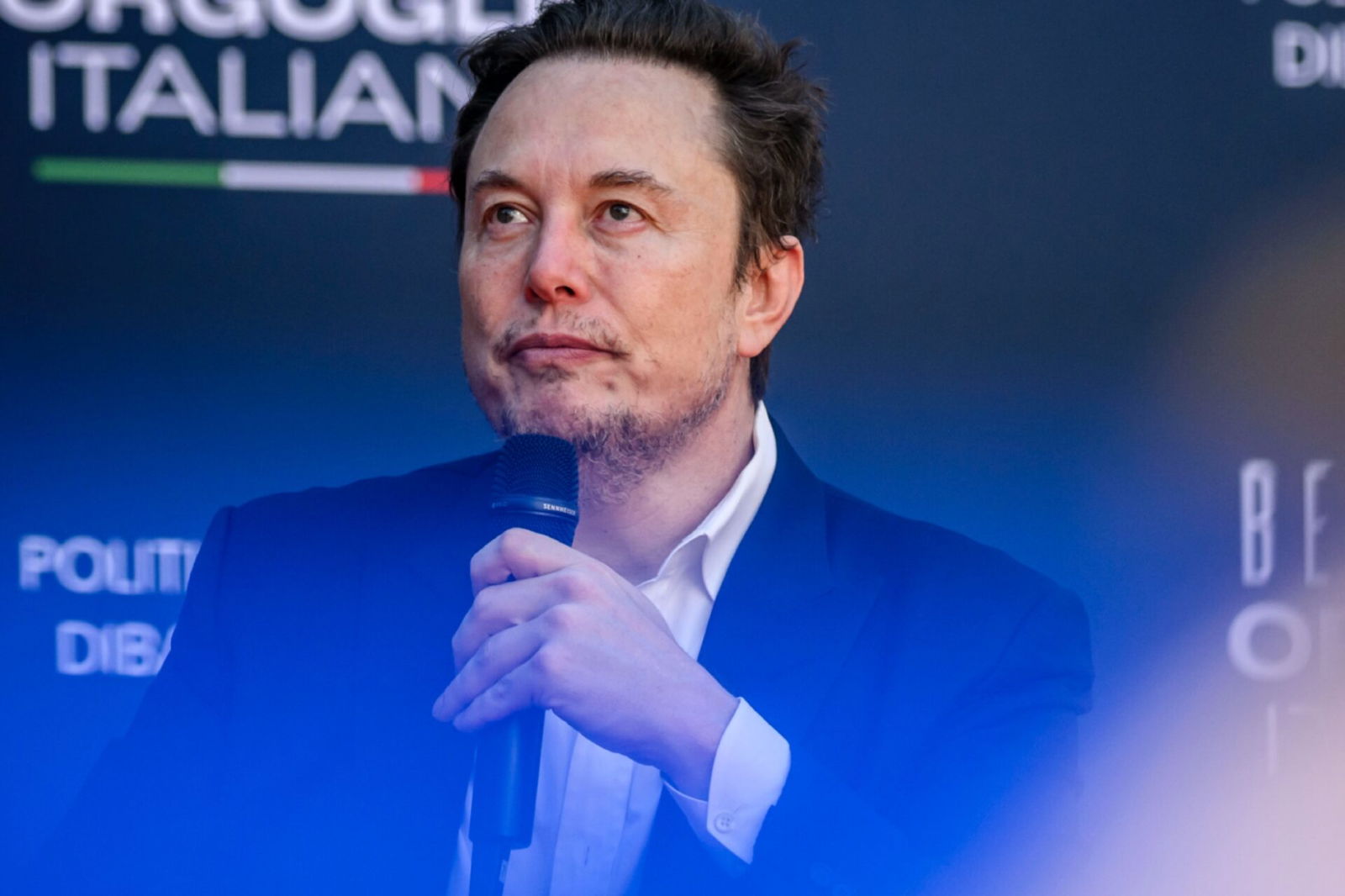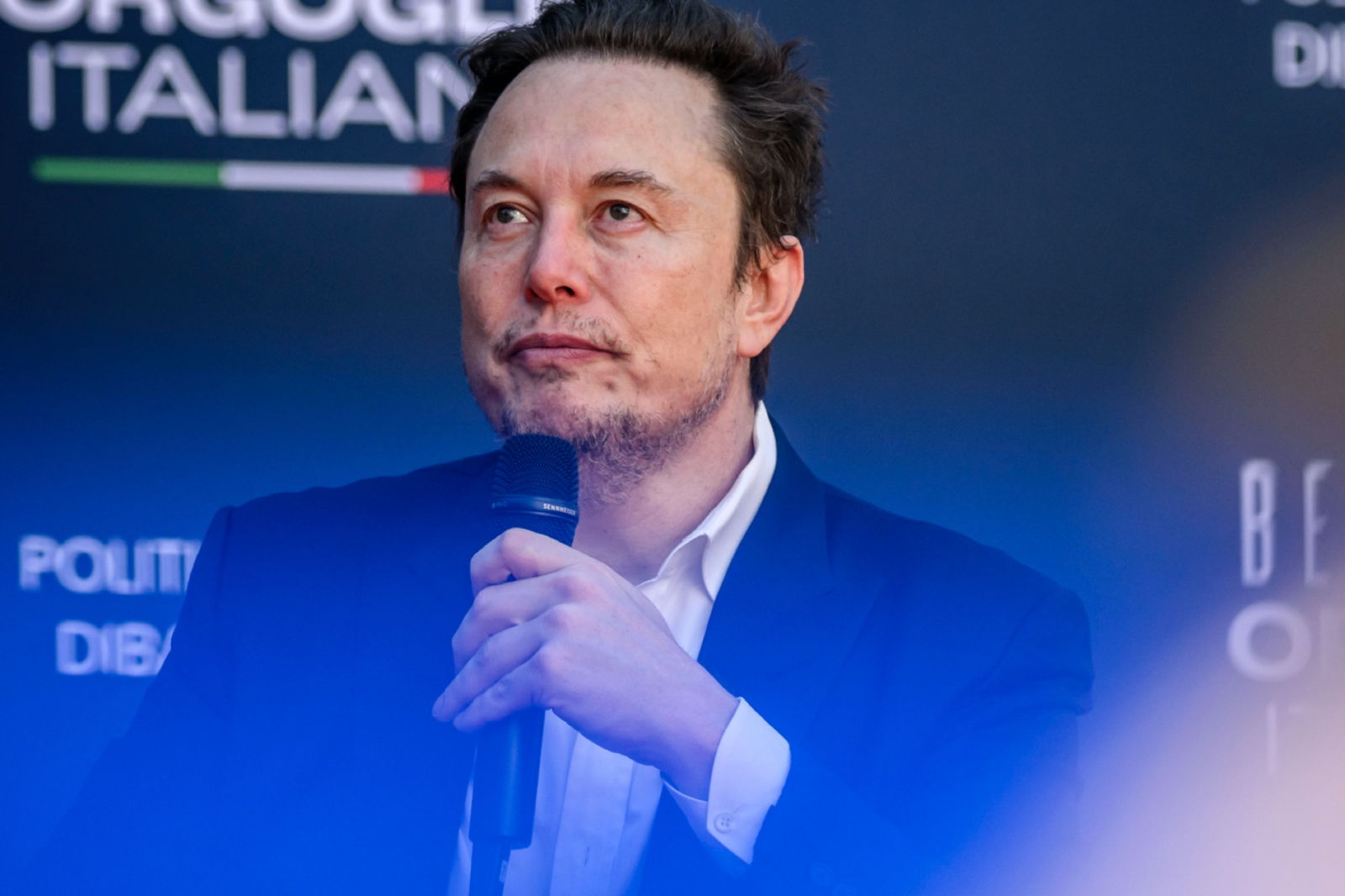
May 25, 2025
Although Musk has promised to limit the hazardous emissions, the way the facility is powered leaves no room for such limits to be applied, say local experts.
Elon Musk’s new $6 billion artificial intelligence supercomputer project in Memphis, Tennessee, is drawing concern from some residents and environmental advocates who say it reflects broader tensions between the tech industry’s rapid expansion and its impact on local communities.
According to The Huffington Post, residents and preservationists in southwest Memphis, where the facility—nicknamed “Colossus”—is located, have voiced worries that emissions from the site may be affecting both public health and the surrounding environment.
Although Musk, through his company, xAI, has promised to limit the hazardous emissions, the way the facility is powered leaves no room for such limits to be applied, say local experts.
The gas turbines which largely power the facility emit various nitrogen oxides and formaldehyde as byproducts, along with other substances that help to weaken the Earth’s already depleting ozone layer, and residents in the largely Black, largely working-class community of Boxtown, say that those pollutants are harming them much more immediately than the ozone layer.
Similar to reporting from Inside Climate News regarding a four million square foot data center slated for construction virtually in the backyards of Alabamians who had no say in its construction, Musk’s project was carried out without regard for Memphis’ residents and it relies heavily on a loophole for temporary turbines, which environmental groups allege does not actually apply to Musk’s company, and residents are increasingly upset about the lack of concern for their health and well-being.
As Sarah Gladney, a resident who lives three miles away from the sprawling facility and has a lung condition, told CNN, “Our health was never considered, the safety of our communities was never, ever considered.”
Memphis, like many other communities across the country—including a rural county in Alabama—faces challenges related to environmental protection following regulatory changes during the Trump administration, which eased pollution controls and shifted focus away from environmental justice issues. At the same time, there has been increased support for emerging technologies such as artificial intelligence, an area of particular interest for Elon Musk.
Memphis Mayor Paul Young has expressed support for Musk’s project, highlighting its potential economic benefits and tax revenue. However, some residents remain concerned about the environmental risks the development may pose to the community.
“What we are looking at is an opportunity to completely transform our economy,” Young told CNN. It’s “game changing.”
This characterization has attracted the ire of outspoken Tennessee State Rep. Justin Pearson, a Democrat who happens to live near the facility. Rep. Pearson was critical of both the lack of permit requirements for the facility and the proposed economic benefits for Memphis residents in his comments to CNN.
“It’s an actual gas plant in the middle of a neighborhood and you don’t need any permitting?” Rep. Pearson said. “Something has failed drastically and significantly with our system of checks and balances.”
He continued, “If you look at where these data centers are propping up, it’s always in poor communities,” according to the legislator, there remains“no hope” that the federal government will help protect them.
RELATED CONTENT: Memphis Petition Pushes Back On Elon Musk’s ‘Supercomputer’ Due To Health Concerns


